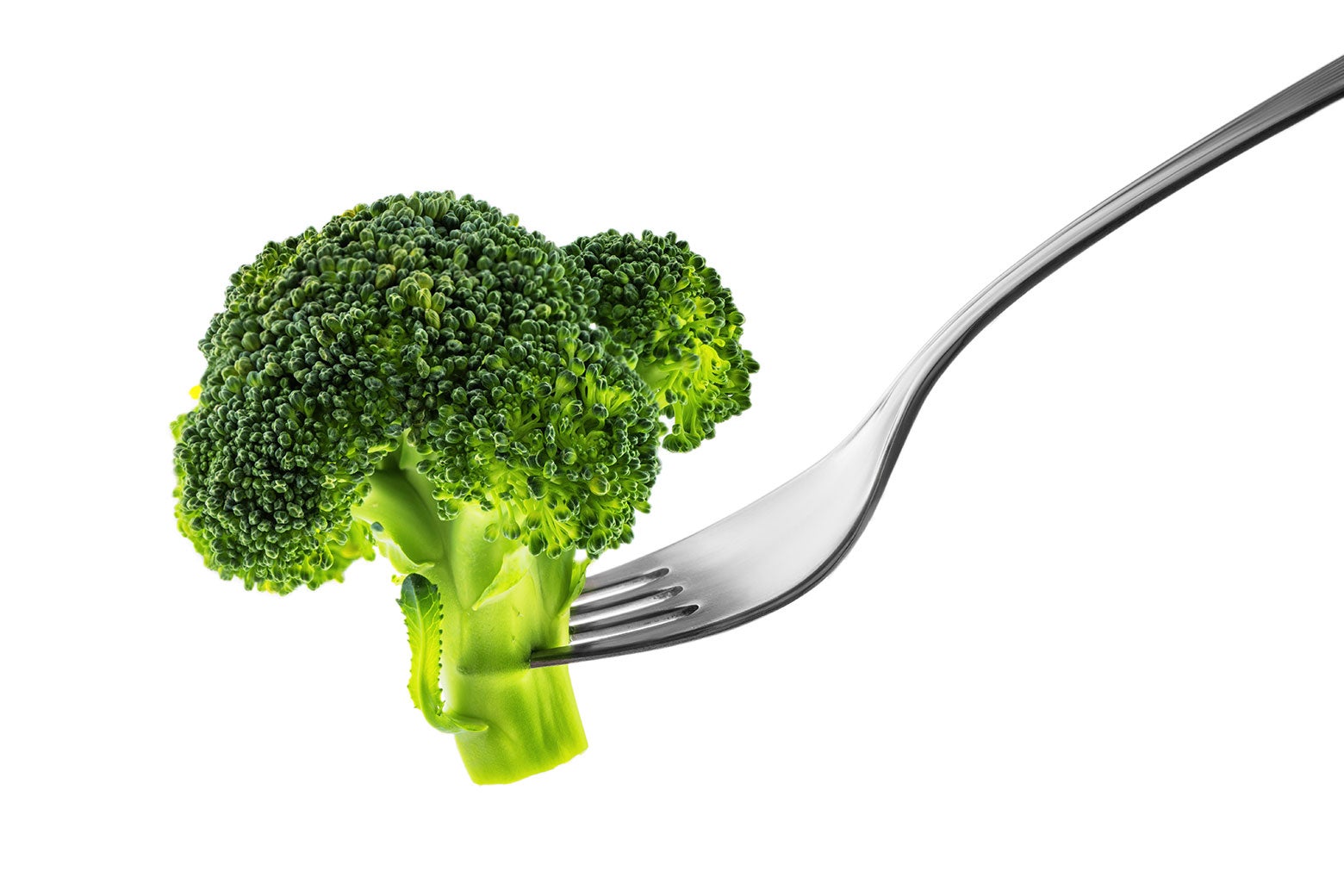BREAKING: A new study has just revealed a potential link between eating broccoli and a reduced risk of colon cancer. This urgent finding has ignited a media frenzy, with claims that simply adding more cruciferous vegetables to your diet could significantly decrease your cancer risk.
The systematic review, published recently, analyzed data from 17 studies and found that individuals who consume higher quantities of cruciferous vegetables, including broccoli, showed a 17 percent reduction in colon cancer risk compared to those who do not eat these vegetables at all. However, experts caution that these findings should be interpreted with caution.
According to the authors of the study, while there appears to be a correlation, the methodology raises significant questions. “This meta-analysis suggests a potential inverse association between higher cruciferous vegetable intake and colon cancer incidence. However, these findings should be interpreted cautiously due to methodological limitations,” they stated. This critical note highlights the uncertainty surrounding the true impact of diet on cancer prevention.
The urgency of this information is underscored by ongoing discussions about diet and health. As more people seek ways to enhance their well-being, the allure of simple solutions—like eating more broccoli—can lead to widespread misconceptions. Observational research relies on self-reported dietary habits, which can be prone to inaccuracies. “People often misreport what they eat, and there are many confounding factors that affect health outcomes,” warned an epidemiologist involved in the analysis.
While it’s tempting to consider broccoli a miracle food, experts advise against jumping to conclusions. The relationship between diet and cancer is complex; it is influenced by numerous factors including socioeconomic status and lifestyle choices. The new report suggests that those who consume more vegetables may also engage in healthier behaviors overall, complicating the interpretation of the data.
As of October 2023, the conversation surrounding diet and cancer prevention continues to evolve. Health authorities emphasize the importance of a balanced diet rather than fixating on individual foods. “While there is some association between broccoli and overall health, we need more rigorous studies to draw definitive conclusions,” added a leading nutrition expert.
What should you take away from this? While adding broccoli to your meals may be beneficial, it is not a guaranteed method to prevent colon cancer. Experts recommend focusing on a well-rounded diet rich in various fruits and vegetables for the best health outcomes.
As the public absorbs this information, the key message remains: enjoy your vegetables, but don’t rely solely on any one food to safeguard your health. Stay tuned for further updates as more research unfolds in this vital area of health and nutrition.
For those looking to enhance their diet, consider incorporating a variety of vegetables, exercise regularly, and consult with healthcare professionals for personalized advice. The health community will continue to monitor the developments in dietary research, emphasizing the need for well-grounded information in an era of sensational headlines.
